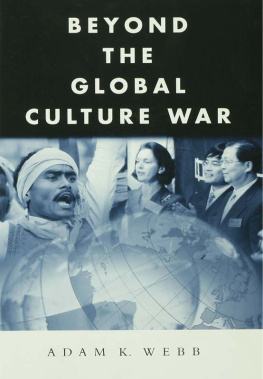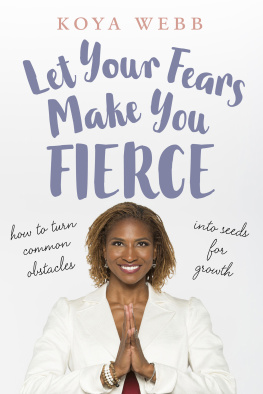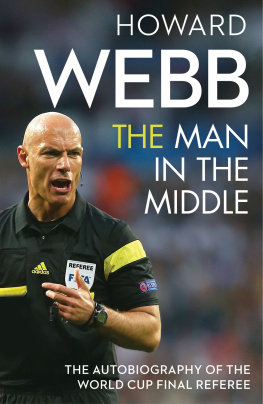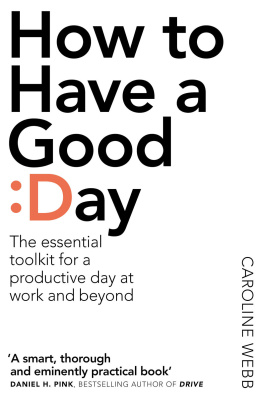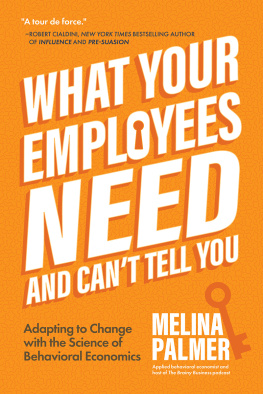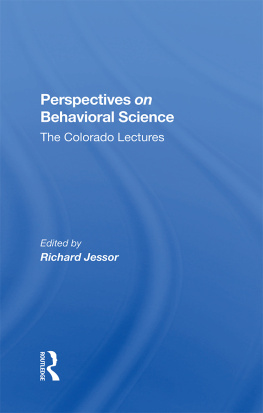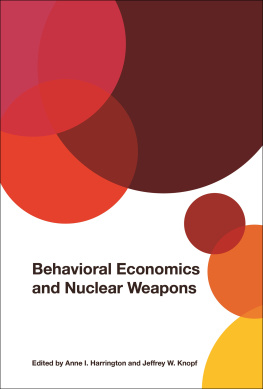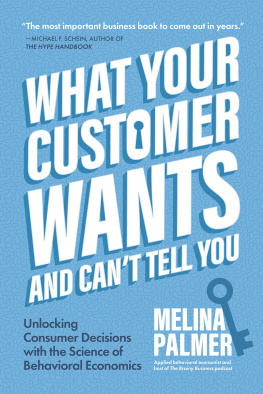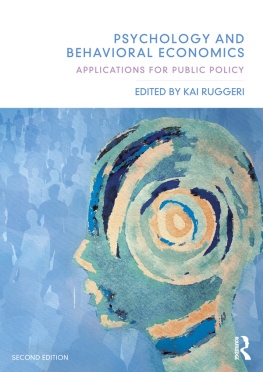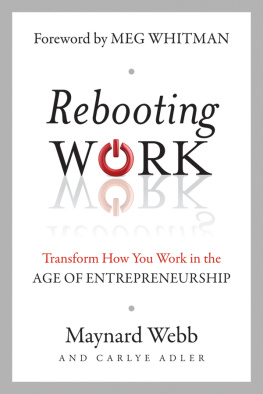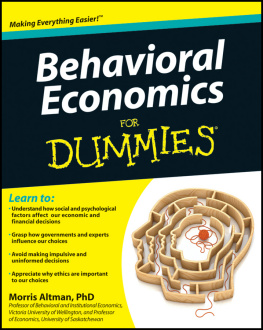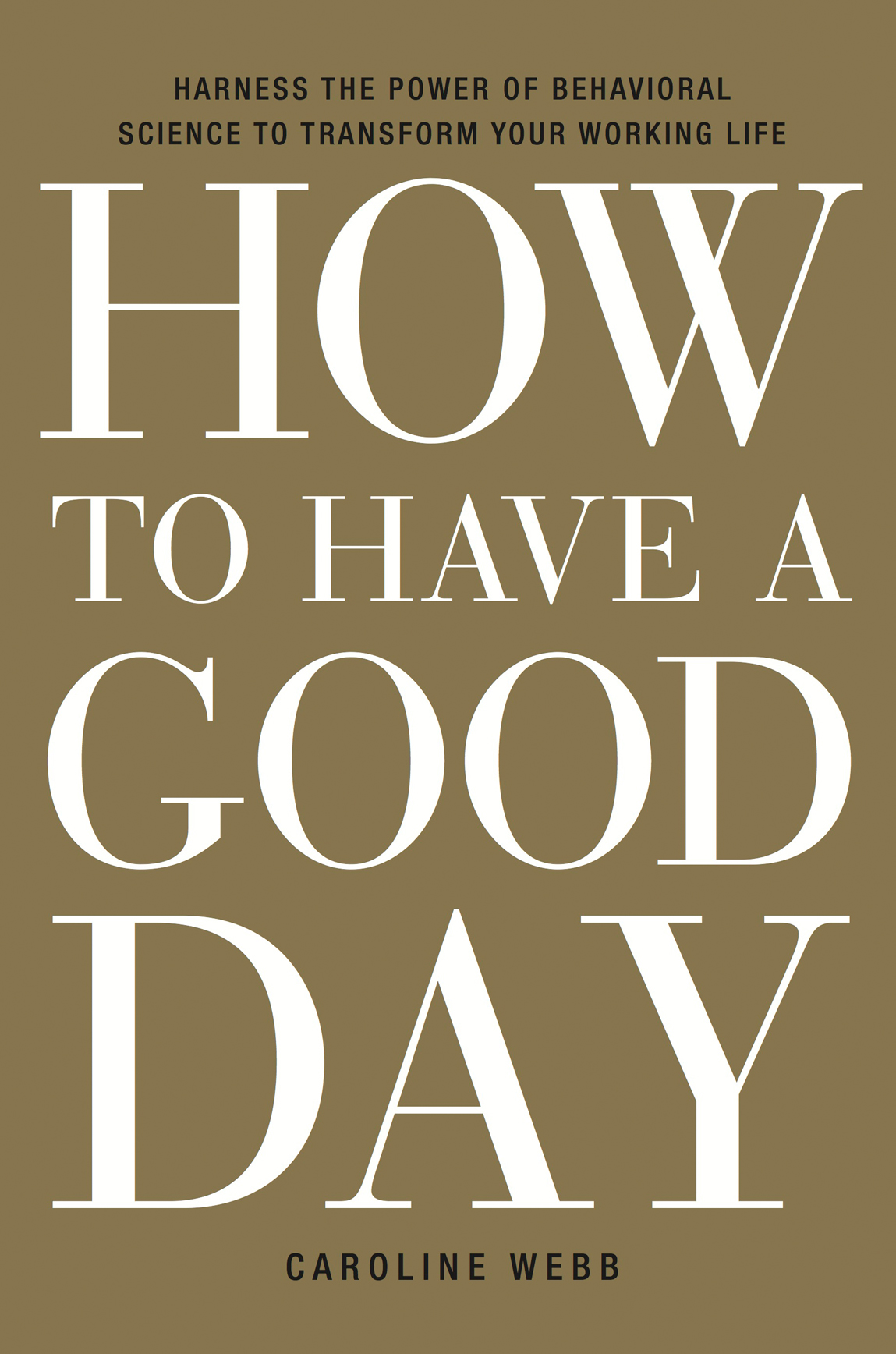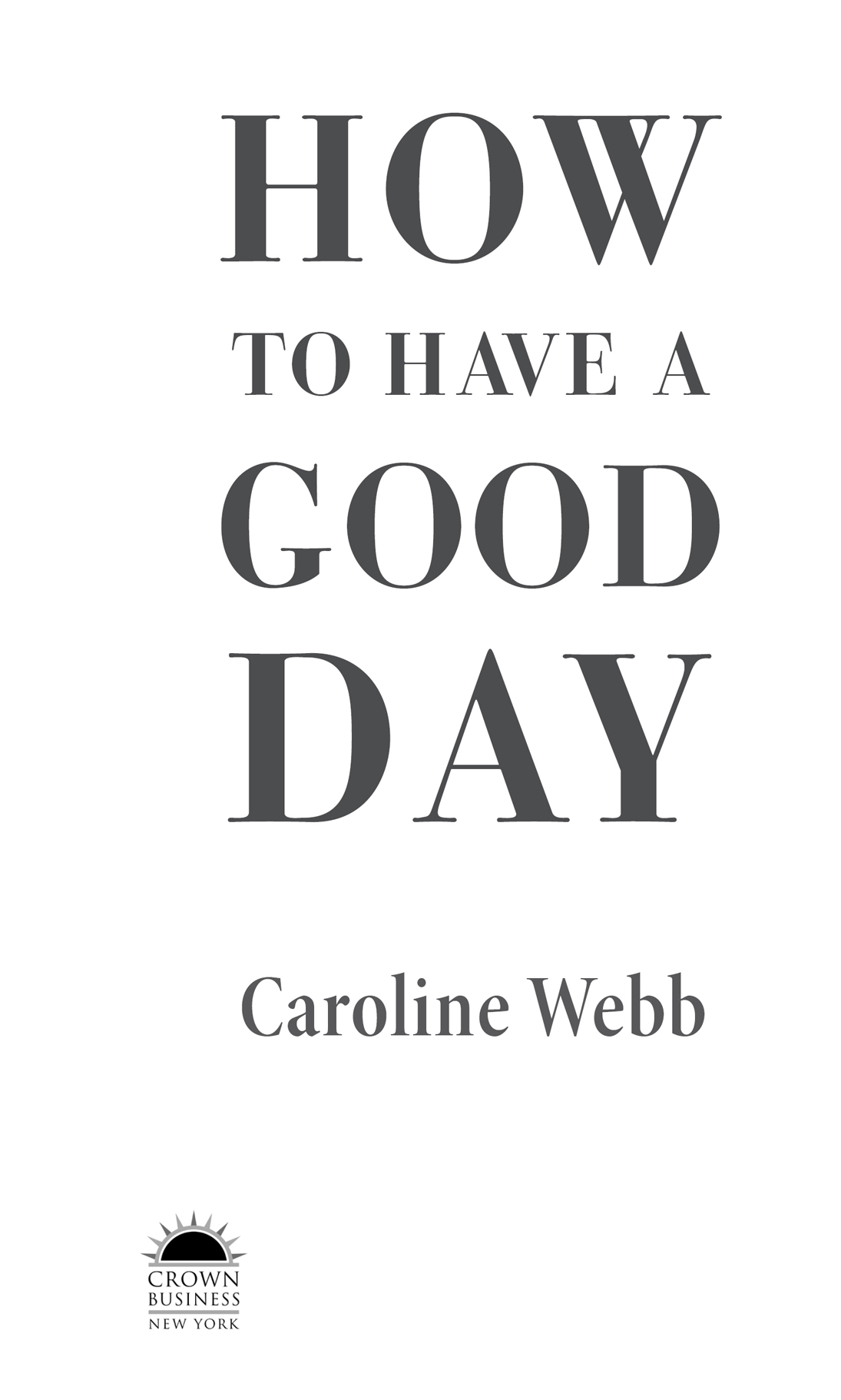Advance Acclaim for How to Have a Good Day
Theres a big difference between having a great, productive day and having a bland, ordinary one. Caroline Webb deftly explains how to squeeze the most out of twenty-four hours to create more of the former. Very useful. S IR M ICHAEL M ORITZ, CHAIRMAN OF S EQUOIA C APITAL
A powerful toolkit to improve both work and well-being. From email and meetings to making the most out of every day, Webb shows us not just how to be more productive but how to be more fulfilled along the way. J ONAH B ERGER , W HARTON PROFESSOR AND BESTSELLING AUTHOR OF C ONTAGIOUS AND I NVISIBLE I NFLUENCE
Imagine what your life would be like if you could simply choose to have a good day. Webb makes a powerful case that we can. Best of all, she shows us how. Webb gets her arms around the vast body of information coming at us from behavioral economics, psychology, and neuroscience, and distills the best of it into the kind of practical advice a wise friend might offer. Its the book Daniel Kahneman might write if hed been working in the business world for twenty years. Masterful. D OUGLAS S TONE AND S HEILA H EEN, COAUTHORS OF THE BESTSELLING D IFFICULT C ONVERSATIONS AND T HANKS FOR THE F EEDBACK
This is a brilliantly useful book. Caroline Webb has a quite exceptional range of organisational experience. She uses it to review a vast span of the latest academic thinking about thinking in the clearest possible way. And then she applies this wisdom to help us all sort out the frazzle of our own working day. Her approach is utterly straightforward but based in deep insights into how human beings really behave. P ETER D AY , BBC BUSINESS CORRESPONDENT AND PRESENTER OF I N B USINESS AND G LOBAL B USINESS
Years ago I was a rower, and in sports everyone knows you need to pay attention to yourself, your intent, and your mindset to be at your best. This book reminded me of all I learned from those days about the importance of having the right attitude. I found it a great, practical guide to applying these and other helpful psychological insights in businesssomething we do all too infrequently. Built solidly on the latest research, brought to life with storytelling, it offers many simple ways to boost your performance and give you a better day at workand if youre a leader, it will show you how to make sure that your colleagues are in top form, too. M ATT B RITTIN, PRESIDENT OF G OOGLE E UROPE , M IDDLE E AST, AND A FRICA; FORMER ROWING WORLD CHAMPIONSHIP MEDALIST AND B RITISH O LYMPIC TEAM MEMBER
How to Have a Good Day speaks to every area of your workday and shows how making a few critical adjustments to your everyday behavior will leave you amazed by the results. By applying the lessons in Webbs book, all based on science, youll maximize your performance and be more energized than ever. M ARSHALL G OLDSMITH, BESTSELLING AUTHOR OF T RIGGERS , MOJO, and W HAT G OT Y OU H ERE W ONT G ET Y OU T HERE
The quest for self-improvement usually takes place on a well-trodden path, with many different gurus offering guidance. But the advice, in addition to being contradictory, often lacks solid foundations. Fortunately, How to Have a Good Day is the breakout exception to this category. The evidence and examples packed inside its pages leave the reader in no doubt that Webbs advice will make a real difference. Better days lead to better lives, and this extraordinary book will lead to both. C HRIS G UILLEBEAU, N EW Y ORK T IMES BESTSELLING AUTHOR OF T HE $100 S TARTUP AND T HE H APPINESS OF P URSUIT
Harness the Power
of Behavioral Science
to Transform
Your Working Life
Copyright 2016 by Seven Shift, Ltd.
All rights reserved.
Published in the United States by Crown Business, an imprint of the Crown Publishing Group, a division of Penguin Random House LLC, New York.
www.crownpublishing.com
CROWN BUSINESS is a trademark and CROWN and the Rising Sun colophon are registered trademarks of Penguin Random House LLC.
Crown Business books are available at special discounts for bulk purchases for sales promotions or corporate use. Special editions, including personalized covers, excerpts of existing books, or books with corporate logos, can be created in large quantities for special needs. For more information, contact Premium Sales at (212) 572-2232 or e-mail .
Library of Congress Cataloging-in-Publication Data
Webb, Caroline, 1971
How to have a good day : harness the power of behavioral science to transform your working life / Caroline Webb.First edition.
pages cm
1. Psychology, Industrial. 2. Neuropsychology. 3. PerformancePsychological aspects. 4. Job satisfactionPsychological aspects. I. Title.
HF5548.8.W35 2016
650.1019dc23 2015026815
ISBN9780553419634
eBook ISBN9780553419641
Cover design by Gabriel Levine
v4.1
a
For my mother and my father,
who gave me both confidence and cause
CONTENTS
INTRODUCTION
How we spend our days is, of course, how we spend our lives.
ANNIE DILLARD
Thirty years ago, I picked up my first paycheck. It wasnt a check, in factjust a small collection of bills and coins in an envelope, my wages for working as a clerk in a local supermarket. On the face of it, it wasnt a great job. It was poorly paid, and certainly not glamorous. I stacked shelves, mopped floors, and wore a company-issued uniform marked with stains from its previous owner. The manager was gruff and kept an eye on the store from a booth high above the shop floor. And yet, somehow, I liked it. There was camaraderie among the staff, and even the occasional night out together. I took pride in pleasing customers with my speed at the register. I felt useful.
Six years later, I landed a far more upscale role as a researcher at an economics institute. I had my own office and a surprisingly large number of recycling bins all to myself. But I soon felt strangely miserable. I couldnt get anyone to pay attention to my work, and I drifted. I wrote an enormous, earnest reporton economic development in post-Communist Europethat Im pretty certain nobody read. I was dealing with what wed these days call a first-world problem, and I knew I was lucky to have the job. But it became hard to summon the energy to turn up to work every day. And at that point in my life, I didnt know how to turn it around. I treaded water till my contract was up, then quietly moved on.
Over the course of my life, Ive done a lot of different types of work, some of it worse and some of it better than those two early jobs of mine. Ive been a hotel maid, receptionist, and waitress. Ive had demanding careers as an economist, a management consultant, and an executive coach. Ive worked in the private sector and the public sector; Ive been part of a huge global company and Ive launched my own tiny start-up. And through it all, I noticed the same thing over and again: that the quality of my day-to-day experience wasnt necessarily defined by my title. It was possible to have good days in bad jobs, while the more prestigious roles didnt always correlate with great contentment.



